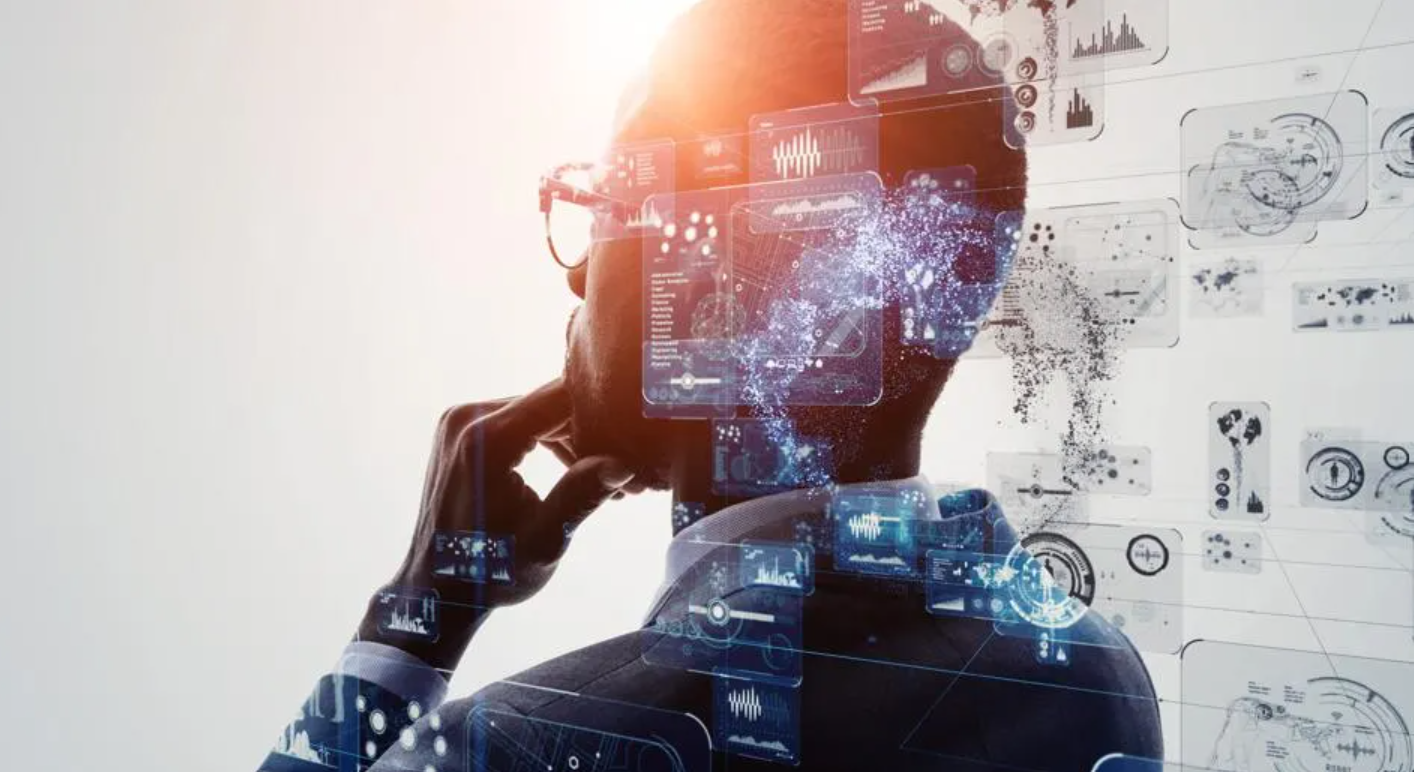Introduction
Artificial Intelligence has emerged as a groundbreaking technology with far-reaching implications across various spheres of human life. As it continues to advance and permeate industries, it is imperative to comprehensively examine its impacts on employment and other facets of everyday life. In this blog post, we will delve into the profund changes catalyzed by AI and analyze the potential consequences it holds for the job market, social dynamics, and the fabric of our daily lives.
AI and Employment
The rapid progression of AI technology has given rise to concerns about its effects on the labor market. While AI has the potential to automate routine and repetitive tasks, it also creates new job opportunities. Certain occupations may undergo significant disruption, necessitating workers to adapt and acquire new skills to remain relevant in an evolving workforce. A nuanced perspective is essential, treating AI as a tool that augments human capabilities rather than viewing it solely as a threat to employment.
Workforce Transformation
The integration of artificial intelligence into workplaces is poised to revolutionize industries and redefine job roles. Automation and machine learning algorithms can streamline processes, bolster productivity, and enhance efficiency. This transformative shift empowers employees to focus on higher-value tasks requiring critical thinking, creativity, and emotional intelligence. However, it demands a paradigm shift in education and training to equip individuals with the competencies needed to thrive in an AI-driven work environment.
Ethical Considerations
The widespread implementation of artificial intelligence engenders critical ethical considerations. Issues such as algorithmic bias, privacy concerns, and the ethical use of it in decision-making processes necessitate careful deliberation. Achieving a delicate equilibrium between innovation and responsible AI deployment is imperative to ensure that AI technologies benefit society while minimizing potential negative consequences.
AI in Everyday Life
Beyond professional domains, AI is increasingly influencing our daily lives. Virtual assistants, recommendation systems, and smart home devices have become commonplace, delivering convenience and personalized experiences. In healthcare, Ai’s driven applications hold promise for improving diagnostics, treatment, and patient care. However, safeguarding data privacy, cybersecurity, and upholding human oversight are paramount to fostering trust and ensuring the ethical application of AI in everyday scenarios.
Social and Economic Implications
The widespread adoption of AI engenders broader social and economic implications. Income inequality, job polarization, and shifts in wealth distribution may materialize as AI-driven automation affects various sectors and occupations asymmetrically. Government, policymakers, and stakeholders must develop strategies to tackle these challenges. These may include retraining programs, social safety nets, and policies aimed at fostering inclusive growth.
Conclusion
The ascent of Artificial intelligence is reshaping our world, profoundly influencing jobs and various aspects of our lives. The potential of technology is enormous, but it is important to consider its integration carefully. Let’s approach it thoughtfully. This involves addressing ethical concerns and preparing for the dynamic job landscape. By responsibly harnessing the power of artificial intelligence and investing in education and retraining, we can adapt to the evolving landscape. This will allow us to leverage the technology’s potential to create a future where human ingenuity and AI coexist harmoniously. This will ultimately enhance lives and advance society at large.

